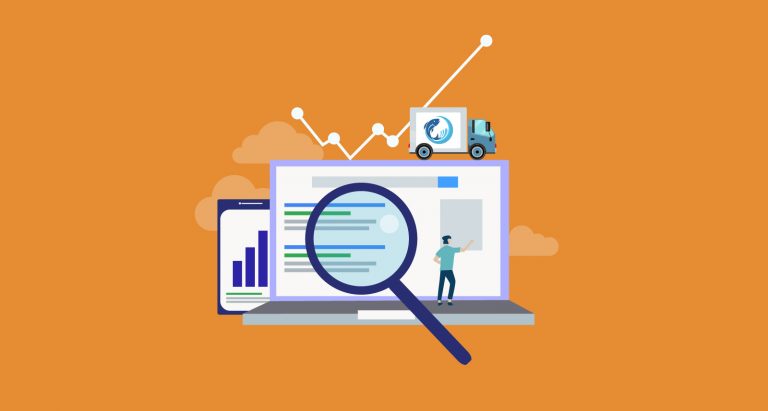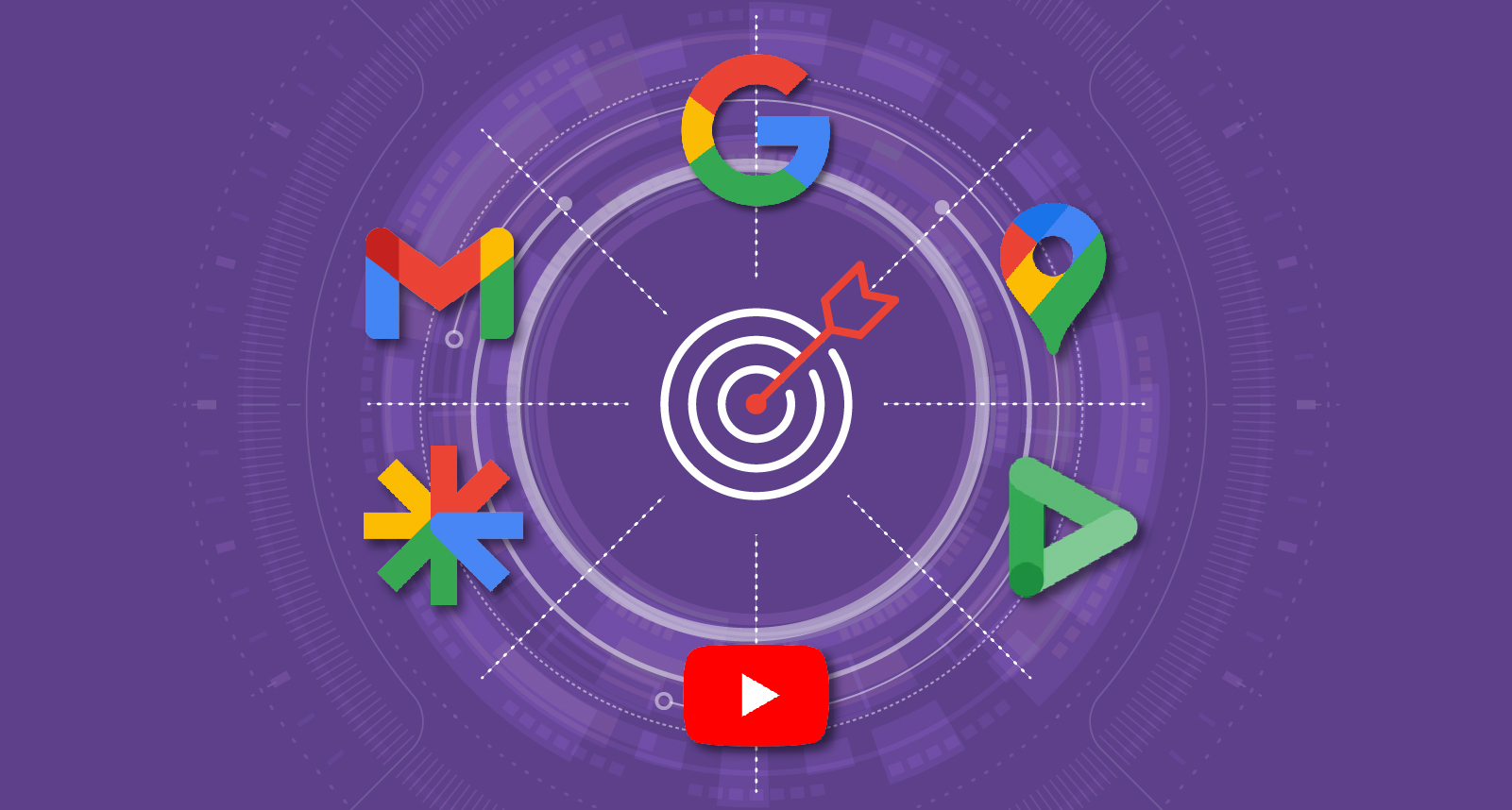Performance marketing has shifted how businesses work with advertisers. No longer is an upfront fee paid regardless of the success of a digital marketing campaign. Nowadays, and to accommodate technology’s advances and forever changing consumer online preferences, businesses can agree to only pay advertisers for a transaction. Over the years we have seen this evolve from the original method – when a business paid per impression (ad space). This shift allows for real-time measurement of return on investment from using performance marketing channels.
Today, we have the means to measure results as they happen. That level of data accessibility allows us as marketers to continually optimise our campaigns to ensure we get the most from them. Let’s take a closer look at performance-based marketing, and what to do if you want to get started or improve where you are with it today…
What is performance marketing?
A performance marketing strategy is when a business only pays an advertising company if a user takes a specific action that is measurable and has been agreed upon. Examples of the desired action could be a Google Ad click or a Facebook form fill. You pay for the action taken as a result of the advert rather than for example, how many people saw the ad.
No two businesses are the same, and we believe here at JGM that it is the same when it comes to campaign management. Using joined-up thinking, our team can help you realise a full campaign that drives long term return on investment and makes a lasting impact with your target audience. For performance marketing to work for you, you should have ambitions in mind that align with your business goals. Otherwise, how will you measure success?
Advice for those thinking about performance marketing
Getting started with performance marketing does require a degree of knowledge and you will need to know what you are doing to make it a success. Anyone with a website could log on to Google Analytics or Google Ads and start a campaign. But, to ensure you don’t begin by wasting your marketing budget, there should be things in place beforehand such as:
- A well-thought-out strategy
- A good understanding of consumer behaviours within your target audience
- The right keywords targeted
- Conversion tracking set up
Performance marketing strategy
There are a multitude of approaches to take, some you may have heard of could include remarketing, search campaigns or social media advertising. The basis to choose your strategy is agreeing where you can hit the right people, on the right device and at the right time. But of course, not as easy as just that. To have a competitive edge in performance marketing means to adapt your strategies constantly. And also be able to determine if something is not working, to change things up.
Every time we browse, make a purchase or read an article online (unless completely opted out), we leave a trail of data behind. When analysed, this data can provide a digital profile of the most effective ways to reach, target, convert (the list goes on) the likes of me and you when we’re online. Time spent on data and reporting can prove highly profitable for you to understand user behaviour and how to effectively drive faster results for your business.
Performance marketing funnel
It’s worth noting that measuring the success of a strategy is unique for each business as every business is driven by its own goals. When we think of the relation between performance marketing strategy and the funnel, encouraging users into that funnel = success, right? Wrong! This is only the first step to a successful strategy as a user has to flow through the top, middle and bottom of the funnel before converting.
According to a survey carried out by databox, the respondents who were a mixture of product and service-led businesses, a majority of respondents agreed that a good funnel conversion rate is between 3 and 5%. Interestingly what this would tell us is that of every 100 users that enter your funnel through a Google Ad click to a unique landing page, only 3-5 of those users would actually convert. This is where when looking to improve results, the constant need to adapt your strategy comes in.
How to get started with performance marketing?
Has your business taken a new direction recently, were things sitting in the realm of traditional marketing and now you’re ready to go digital? Whatever your current situation there are some things to consider before tackling a performance marketing strategy.
- Don’t look at data in silos
You’re potentially going to be using multiple marketing channels to get results and generate business. It can be easy to fall into the trap of assessing performance within respective channels. However, what will help in the long term is to combine your insights. Without doing so you could miss key things. Your activities on search campaigns could be impacting what you’re doing on social media, for example.
- Ensure you have a balance of short and long term performance marketing goals
It’s great to have a balance, this will also help not sacrifice long term growth for short term success. Like most activities in marketing, you shouldn’t expect overnight results with performance marketing. Some may come but don’t get carried away with these. This is why we suggest always keeping your future goals in mind when decision making.
You could be making a killing on a brand term campaign and decide to funnel your budget through that campaign whilst abandoning your product term campaign, only leaving it for your competitors to consume. You must remember that buyers are at different stages in their journey so ensure that when measuring the success of campaigns that this is taken into account. Rather than look at the conversion count as a benchmark, you could analyse cost-per-click.
- Partner with performance-driven organisations
Your marketing efforts should be held to performance targets. Reporting on vanity metrics that share no relation to the campaign has no value to its future and will deviate focus. The right marketing partner will ensure the focus is on measurable outcomes and growth.
Our digital strategy and consultation experiences range from a fresh pair of eyes over your marketing strategy to creating global performance marketing campaigns. Whatever stage you are at, let us help you build your campaigns strategically – get in contact with our team today.











